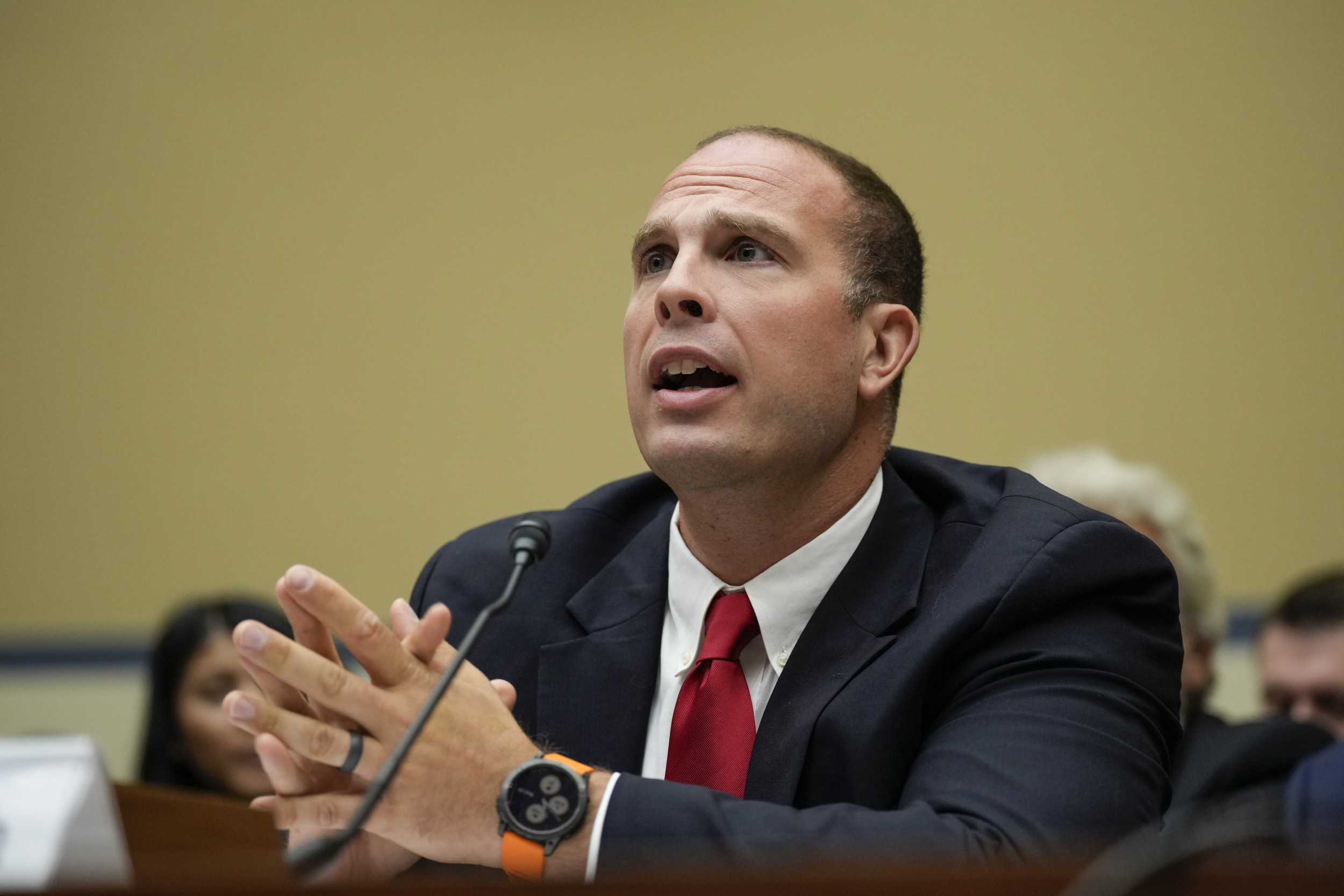A number of Republican lawmakers may face tough re-election bids in Wisconsin after the state's Supreme Court flips from a conservative majority to liberal once Janet Protasiewicz joins the bench.
Protasiewicz will be sworn in on August 1 after beating conservative Dan Kelly in Wisconsin's Supreme Court race in April, giving the court a 4-3 liberal majority.
The result meant that Republicans lost control of the state's Supreme Court for the first time in 15 years. Protasiewicz's election could also have wider implications on the state in regard to abortion rights post-Roe v. Wade, as well as the issue of gerrymandering of election maps.
In 2022, the Wisconsin Supreme Court upheld the Republican-drawn maps, which are widely considered to be among the most gerrymandered in the country. Redrawing Wisconsin's maps could have a knock-on effect on how the entire United States government is run. Currently, the GOP has a razor-thin 10-seat majority in the House of Representatives after a poor performance in the 2022 midterms.

Prior to her election, Protasiewicz did not hide her objection to the state's legislative maps, going as far as to say they are currently "rigged" in favor of the GOP. Protasiewicz also said during her campaign that the maps should be given another look, prompting speculation that the liberal-majority state Supreme Court could now make the state legislature harder to be controlled by Republicans.
As previously reported by Newsweek, the court attempting to overturn the Republican-leaning legislative and congressional maps could put two House seats currently held by GOP lawmakers into ones that could flip to a Democrat candidate: Wisconsin's 3rd Congressional District, currently held by Representative Derrick Van Orden and the 1st Congressional District, which is represented by Representative Bryan Steil.
Mike Gallagher, who has represented Wisconsin's more solidly Republican 8th Congressional District since 2017, could also find himself facing a more competitive map under redrawing plans.
Newsweek reached out to Van Orden, Steil, and Gallagher's offices via email for comment.
"It seems to me that the most consequential topics that could come before the new court would have to do with elections," Alan Ball, a Marquette University Law School history professor, told the Associated Press, adding that "it's really hard for me to imagine [Protasiewicz] would not side with the liberals on those issues," due to comments she made during her campaign.
Ben Wikler, the chair of the Wisconsin Democratic Party, previously told Roll Call that the outcome of the state Supreme Court election between Protasiewicz and Kelly will have a "bigger impact on the House majority" than any other race this year if it results in the Democrats flipping at least two hotly contested seats following map redrawing.
"If we had fair maps, Democrats could be shooting to flip at least two House seats, and that's 40 percent of the national margin," Wikler said, in reference to five seats that the Democrats need to take back their majority at the 2024 midterms.
Thomas Gift, founding director of University College London's Centre on U.S. Politics, previously told Newsweek that the issues of redrawing maps in Wisconsin pointed to wider problems.
"The potentially sweeping consequences of reshaping electoral districts in Wisconsin shows just how much gerrymandering has become a dominant factor in who controls the levers of power in America," Gift said.
"We don't get far-left and far-right representatives simply because America's electorate is becoming more polarized," he said. "We also get it as a functional byproduct of rigging electoral rules to create 'safe seats,' which in turn, dis-incentivizes politicians from moderating.
"In that sense, Wisconsin is only a microcosm of what's become one of the biggest scourges in U.S. politics."








